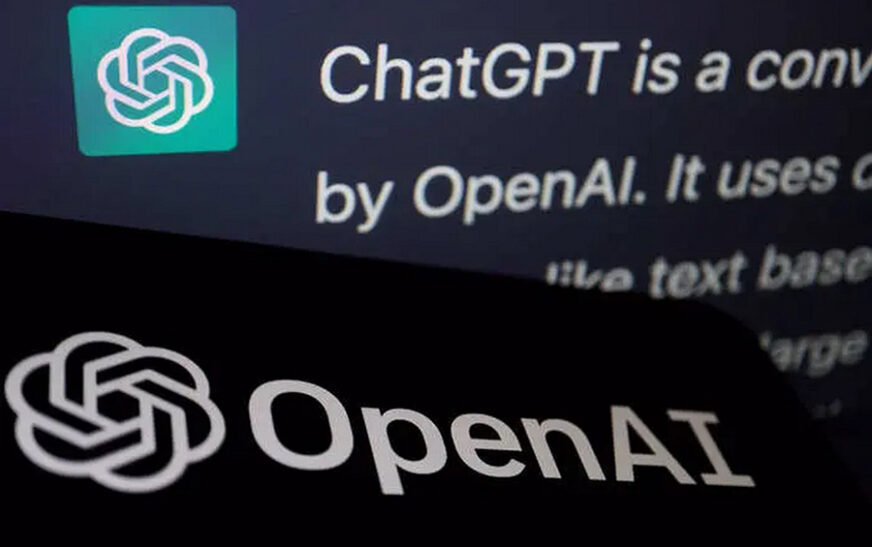OpenAI has conducted an assessment regarding the potential risks associated with the use of ChatGPT in the context of biological threats. In a recent report, the AI research organization indicated that there exists only a minimal likelihood that GPT-4 could be utilized to facilitate the creation of biological weapons. However, it cautioned that future iterations of AI models might present heightened risks for malicious actors seeking to exploit chatbots for nefarious purposes.
Understanding the Concerns
Concerns surrounding the intersection of AI and biological terrorism have been raised by experts within the field. There is apprehension that AI technologies could be leveraged by terrorists to devise and execute biological attacks. Reports from organizations like the Rand Corporation have highlighted the potential role of large language models (LLMs) in aiding the planning stages of such attacks, albeit without providing specific instructions for weapon synthesis.
OpenAI’s Investigation
To delve deeper into these concerns, OpenAI’s “preparedness” team embarked on a comprehensive study to explore the implications of AI in the realm of biological threats. The study involved the participation of 50 biology experts and 50 students with backgrounds in biology. These participants were randomly assigned to either a group with access to GPT-4 or a control group with internet access only.
Findings and Insights
Participants were tasked with addressing a series of questions related to bioweapon creation, including hypothetical scenarios involving the synthesis of infectious agents like the Ebola virus. The study revealed that while individuals with access to GPT-4 exhibited a marginal improvement in accuracy and detail compared to those relying solely on internet resources, this enhancement was not deemed statistically significant in terms of posing an increased risk.
Implications and Future Considerations
OpenAI emphasized that although the observed uplift in performance was inconclusive, it serves as a catalyst for further research and community discourse on the subject. The organization acknowledged the dynamic nature of AI innovation and the potential for future iterations of ChatGPT to offer substantial benefits to malicious entities if adequate precautions are not implemented.
In conclusion, while OpenAI’s assessment suggests a limited immediate risk associated with ChatGPT and biological threats, it underscores the need for ongoing vigilance and proactive measures to mitigate potential risks posed by advancements in AI technology. Continued research and collaboration are imperative to navigate the evolving landscape of AI and its implications for global security.










